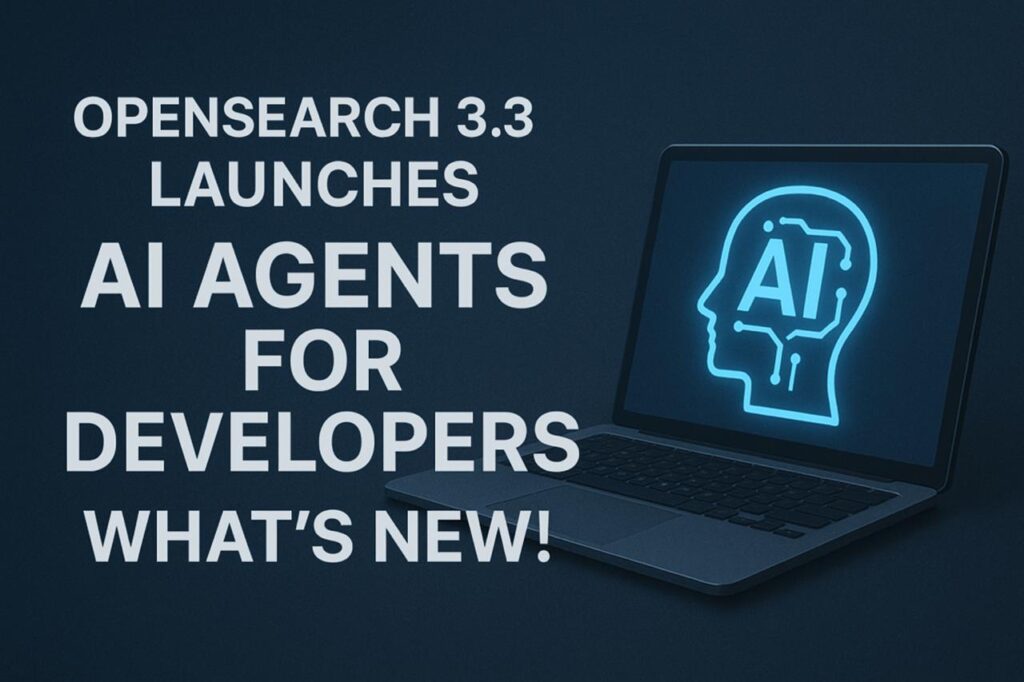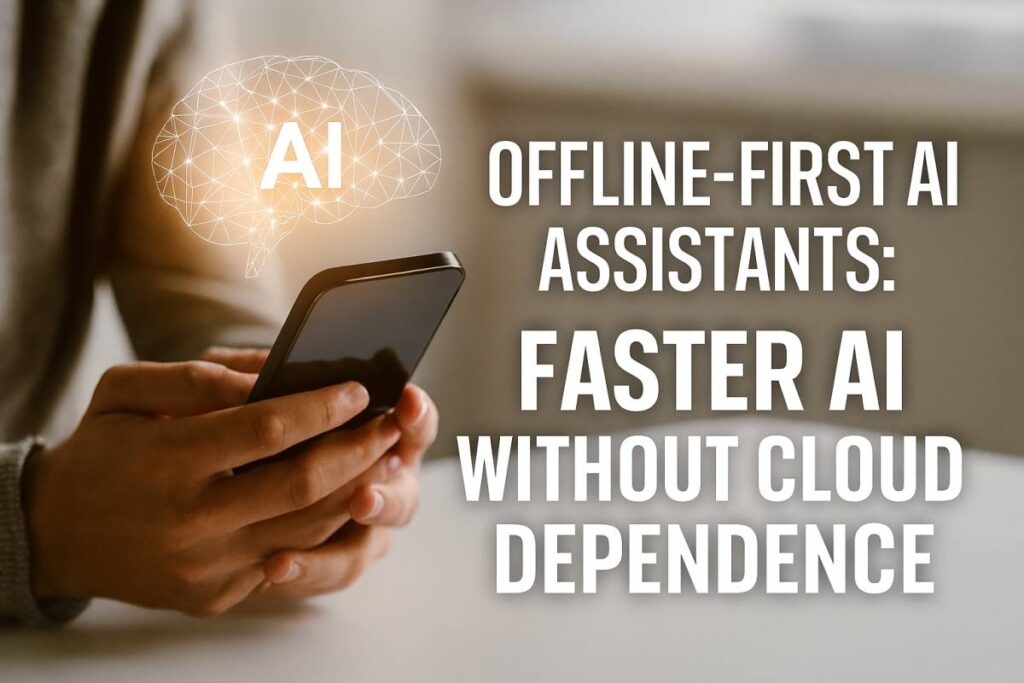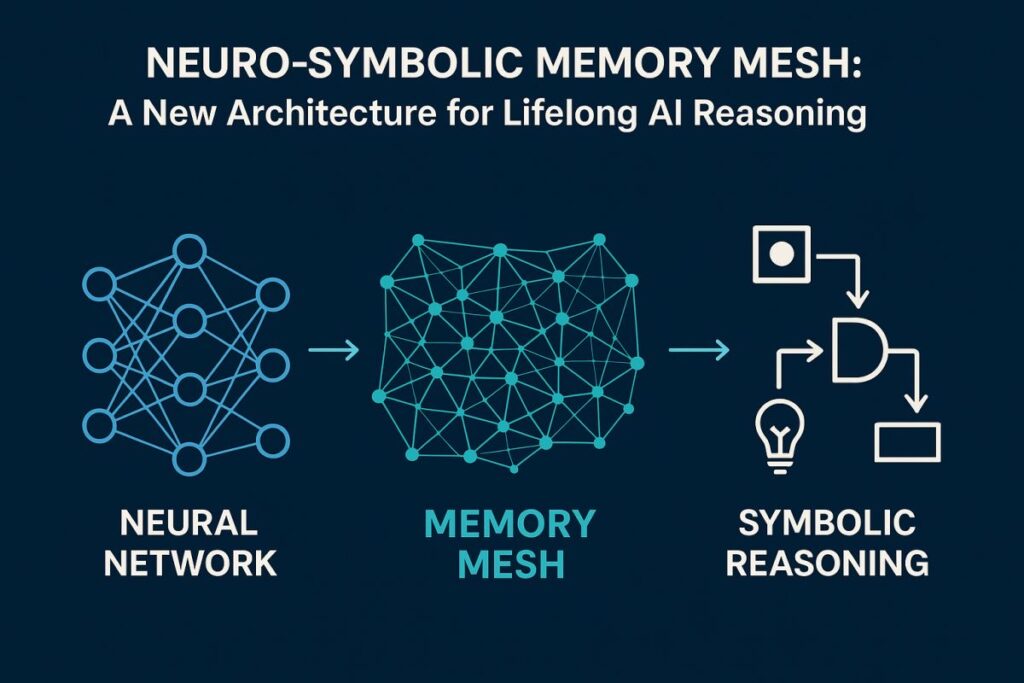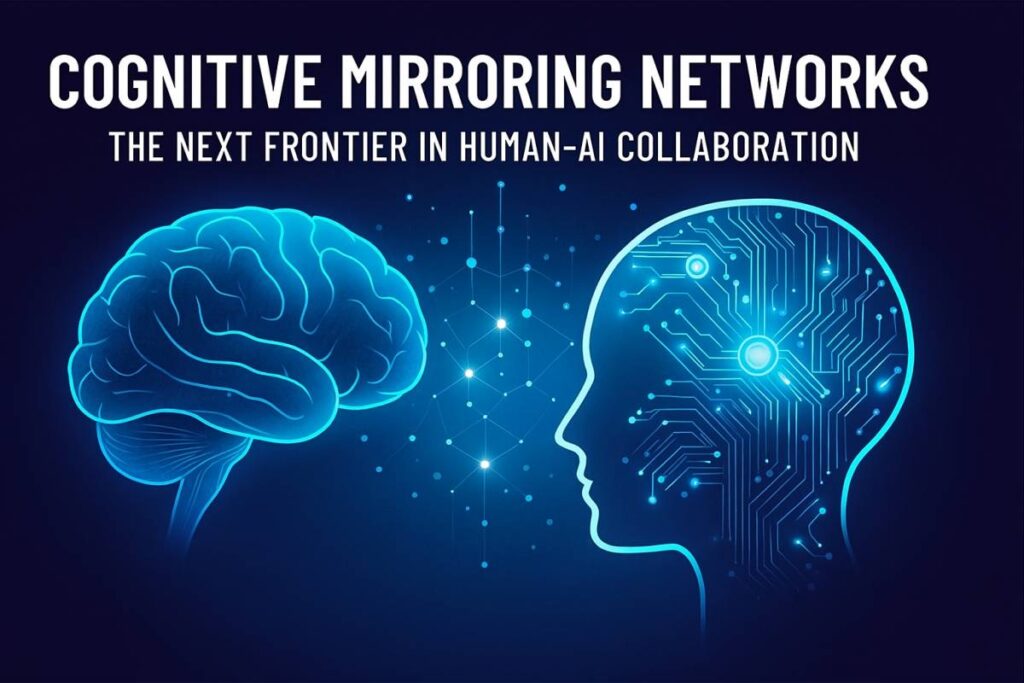
How to Stop Firefox PDFs Saving Automatically to Downloads Folder – Easy Guide
If Firefox keeps automatically saving every PDF you open to your Downloads folder, you can stop it by changing a few settings in the browser’s preferences. The quickest fix is to open Firefox Settings → General → Applications, then set “Portable Document Format (PDF)” to “Open in Firefox” or “Always ask.” This prevents PDFs from…













